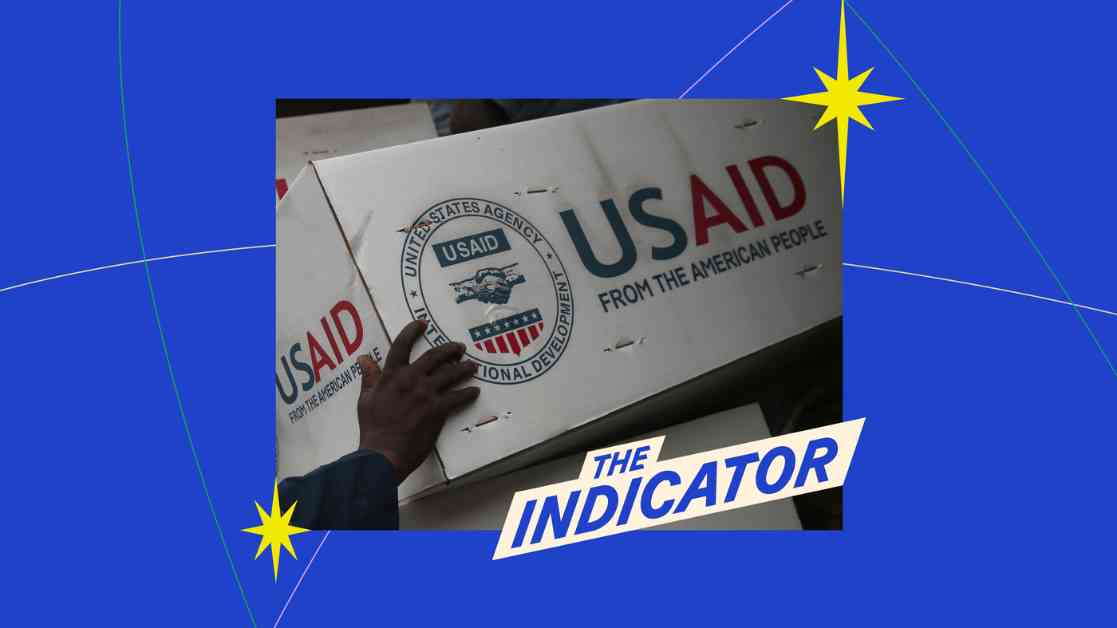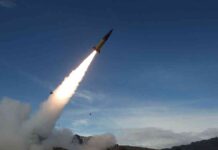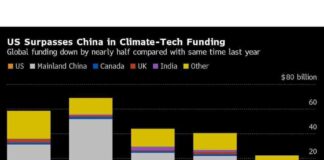The United States Agency for International Development (USAID) has been a cornerstone of American foreign policy for more than 60 years, providing critical humanitarian aid to countries in need across the globe. However, recent developments within the agency have sparked concerns and raised questions about its future trajectory.
On a recent episode of the popular podcast Planet Money, experts and insiders shed light on the Trump administration’s abrupt dismantling of USAID and the potential implications for the country’s foreign aid efforts. This move has left many wondering about the impact on American national security and economic interests, as well as the future of global humanitarian assistance.
The Legacy of USAID: A History of Humanitarian Aid
Since its establishment in 1961, USAID has played a pivotal role in providing aid and assistance to countries facing crises, natural disasters, and economic challenges. With a focus on promoting sustainable development and addressing global poverty, the agency has been instrumental in improving the lives of millions of people around the world.
One of the key principles of USAID’s mission is to advance American national security interests by promoting stability and prosperity in developing countries. By fostering economic growth, strengthening democratic institutions, and supporting local communities, USAID aims to create a more secure and prosperous world for all.
The Trump Administration’s Impact on USAID: A Sudden Shift in Policy
In recent years, the Trump administration has taken steps to significantly scale back USAID’s operations and funding, raising concerns among experts and advocates in the international development community. Critics argue that these changes could have far-reaching consequences for vulnerable populations and undermine America’s global leadership in humanitarian assistance.
The sudden dismantling of USAID has also raised questions about the future direction of American foreign aid policy and its implications for global stability and security. As the world grapples with ongoing challenges such as climate change, conflict, and poverty, many are looking to the United States to continue its tradition of leadership in providing critical aid and support to those in need.
As we reflect on the legacy of USAID and its impact on the world, it is clear that the agency has played a vital role in shaping American foreign policy and promoting global development. The recent changes within the agency highlight the importance of maintaining a strong and effective humanitarian aid infrastructure to address the pressing challenges facing our world today.
In conclusion, the future of USAID remains uncertain, but one thing is clear: the need for robust and sustainable international aid efforts has never been greater. As we navigate the complexities of a rapidly changing world, it is essential that we continue to support agencies like USAID in their mission to create a more just, prosperous, and secure world for all.






















